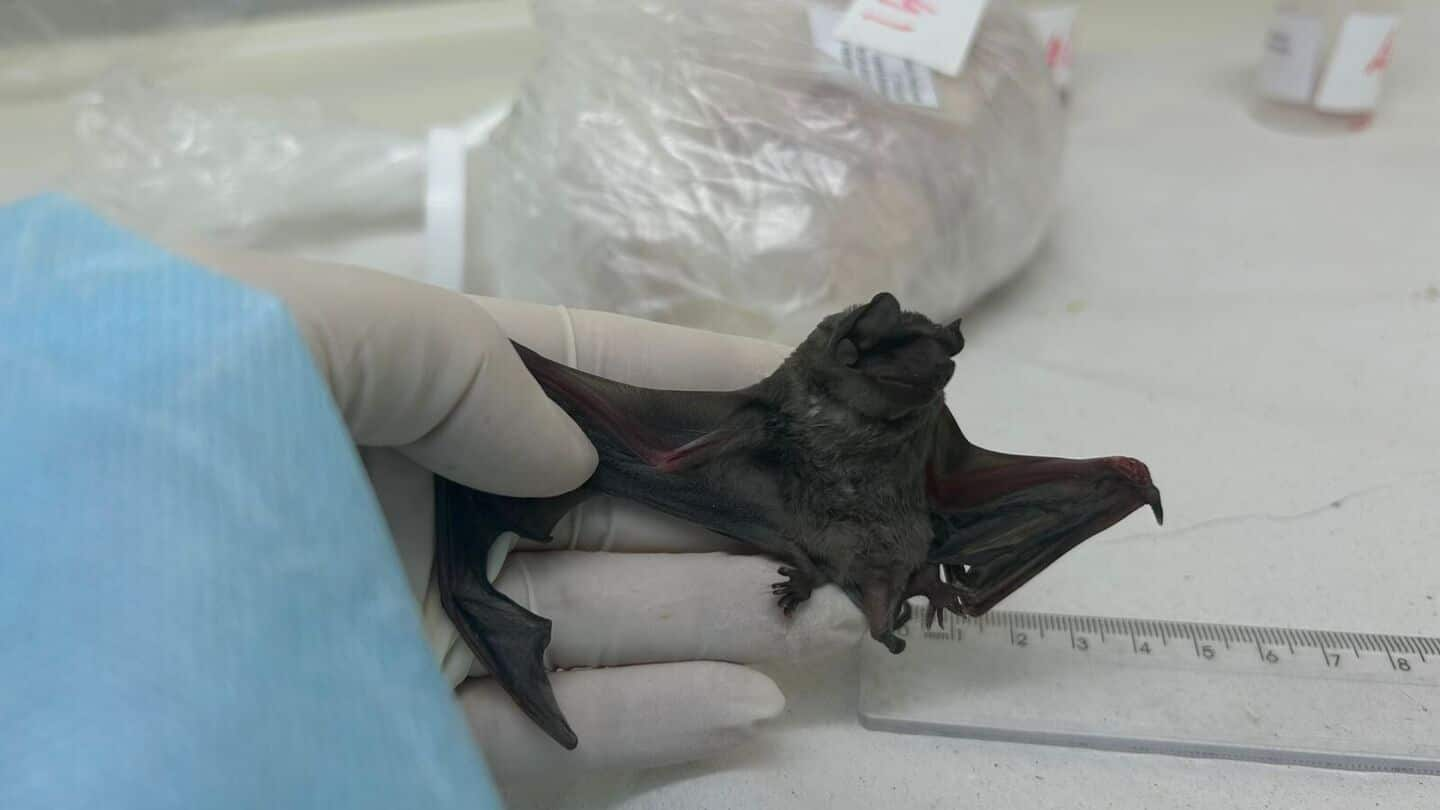
New coronavirus strain has potential to trigger next pandemic: Study
What's the story
A new study has raised concerns over a subgroup of bat coronaviruses, called HKU5, which could pose a pandemic risk. The research was published in the peer-reviewed journal Nature Communications and conducted by scientists from Washington State University, Caltech, and the University of North Carolina. The HKU5 viruses are part of the merbecoviruses family, which is closely related to the Middle East Respiratory Syndrome (MERS) virus.
Human infection
HKU5 viruses haven't been studied much: Virologist
The study's lead author, virologist Dr. Michael Letko, said, "HKU5 viruses haven't been studied much." He added that their research indicates these viruses have the potential to infect cells and might be only one mutation away from being able to infect humans. The HKU5 viruses use a spike protein to attach to cells via ACE2 receptors, similar to SARS-CoV-2, which causes COVID-19.
Cross-species transmission
HKU5 virus has infected minks in China
The potential for cross-species transmission is evident, as some versions of HKU5 have already infected minks in China. This raises concerns about a possible spillover into humans if the virus mutates appropriately. Chinese researchers led by virologist Shi Zhengli have also studied HKU5-CoV-2 and found it capable of infecting human cells with high ACE2 levels in laboratory settings. They identified monoclonal antibodies and antiviral drugs that target this bat virus.
Pandemic preparedness
Preparation is key, says Dr. Letko
The study emphasizes the need to keep an eye on such viruses to develop vaccines and treatments in advance. Dr. Letko stressed that while there's no immediate reason to panic, preparation is key. The HKU5-CoV-2 strain has so far been limited to bats but poses a major risk if it reaches an intermediate host like minks, which have closer contact with humans.
Health risks
Symptoms could be similar to MERS and COVID-19
Currently, there are no confirmed cases of HKU5-CoV-2 in humans, and its symptoms remain unknown. However, given its relation to MERS and COVID-19, it could lead to similar respiratory symptoms such as fever, cough, and shortness of breath. As Southeast Asian countries see a spike in COVID-19 cases again, scientists warn that ignoring these warning signs could trigger another global health crisis.